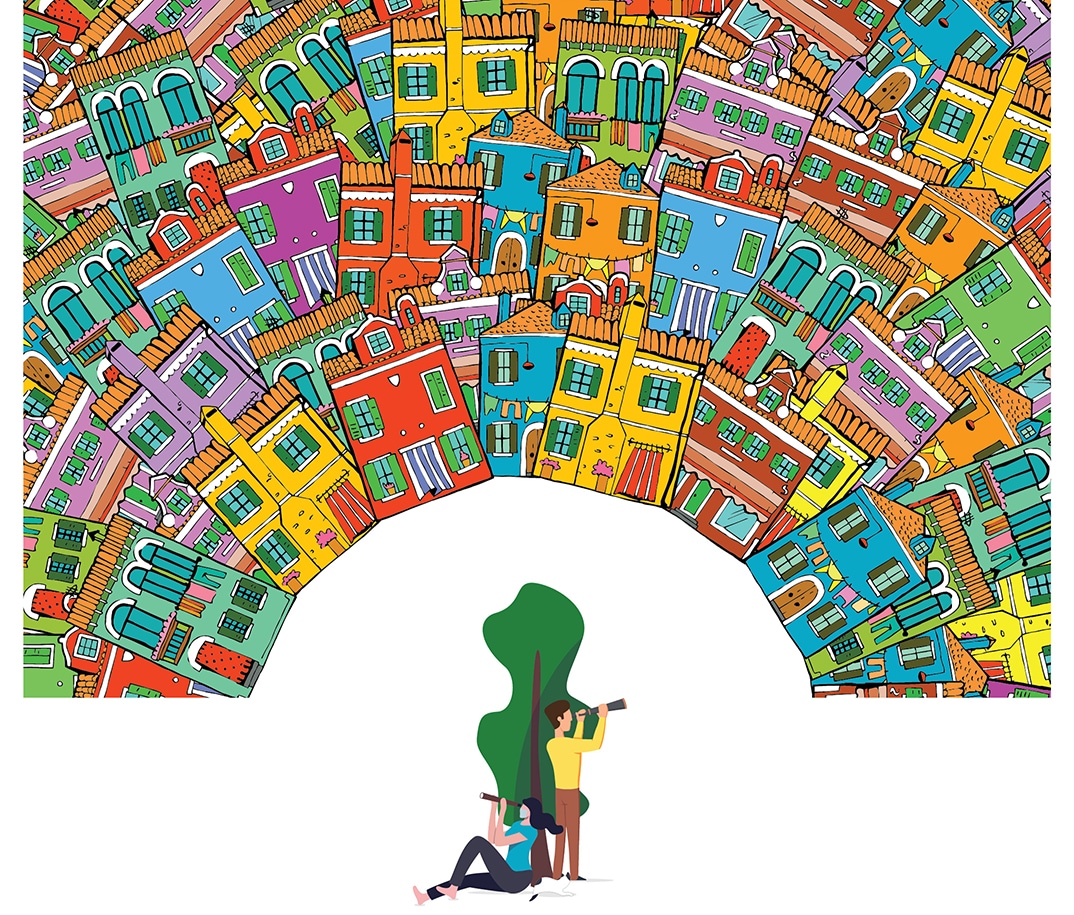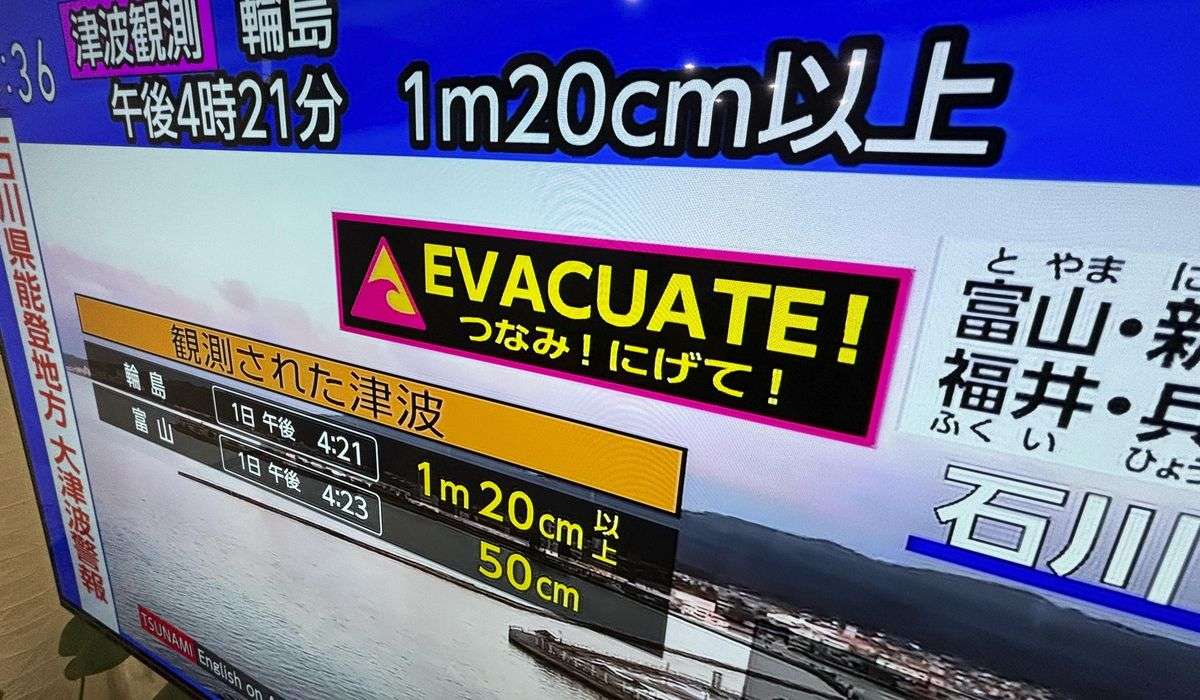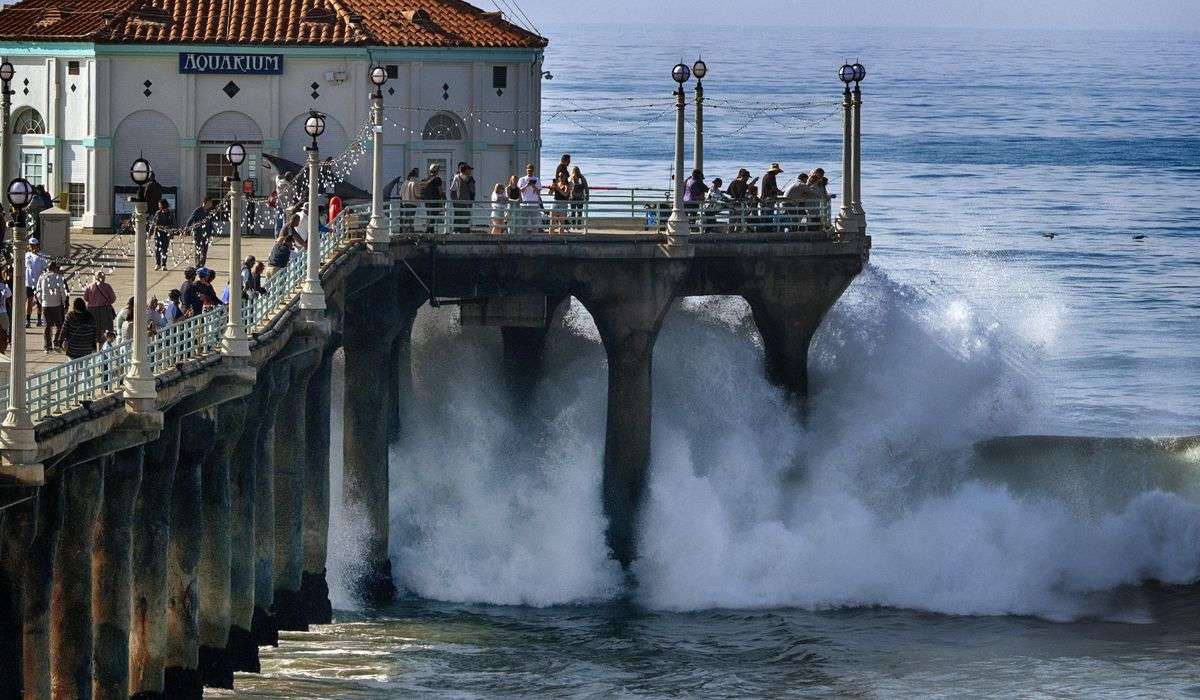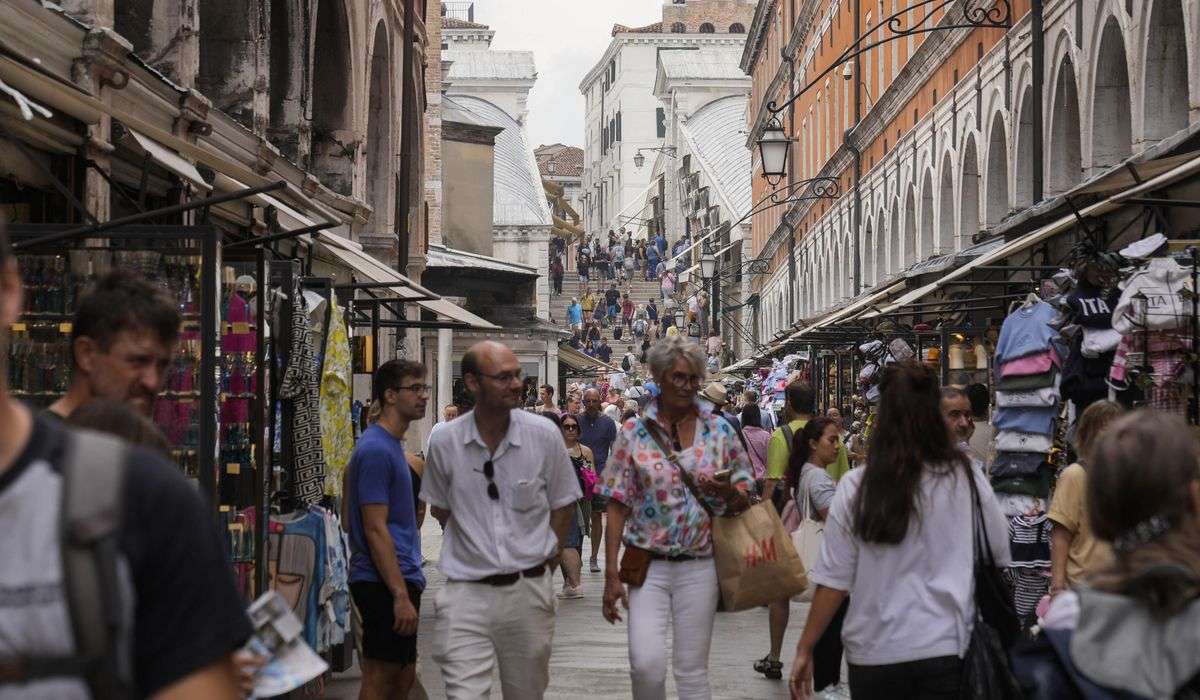Rental homes meet a need for virus-wary vacationers

“Short-term rentals, particularly vacation rentals, which usually are whole homes, are hot right now,” says Dennis Schaal, founding editor of Skift, a travel industry media company. “That’s because many travelers don’t want to get on a plane, are shunning cities and are driving to remote or nonurban locations for vacations, or even for work, as a temporary solution.”
In July, Airbnb announced that for the first time in a single day since March, guests booked more than 1 million nights of stays. Of those, 50 percent were within 300 miles from home, and more than two-thirds were within 500 miles. Families are booking accommodations later in August, September and October than in the past because flexible schooling and remote work allow for flexible travel, Vrbo reports. Anecdotally, travelers say that they’re drawn to the privacy and solitude of a vacation rental, at a time when social distancing is paramount and anxieties about coronavirus exposure run high.
Pat George, who lives in Spencer, Mass., used to prefer to stay in hotels when traveling. But after a subpar experience in July, where people flouted rules about masks and elevator limits, he and his wife decided a vacation rental felt safer. George, who is 69 and immunocompromised, was reassured by Airbnb’s enhanced cleaning protocol, in which participating hosts commit to a five-step process. The couple found a rental in Sandwich, a town in Cape Cod that is a little over an hour’s drive from their home. They chose it because the host committed to the new protocol, and recent reviews were outstanding. “I think I’m all for the Airbnb for a while, as long as we can find a place that will suit my needs,” he says.
George isn’t the only traveler looking for a hotel alternative. When Zac Alfson planned a road trip from Orlando to Asheville to celebrate his and his husband’s wedding anniversary in July, renting a home felt like a better choice than a hotel. “When you’re in a house, you control your environment more — who comes and goes, or if anyone comes and goes. And there are just fewer points of interaction. You’re not dealing with staff, you’re not riding elevators, you don’t think about who’s in the room next door or what their behaviors are,” Alfson says.
The couple spent a little more than they usually would in renting a vacation home because they knew they would be spending lot of time in the house, away from others, and wanted it to be spacious and surrounded by nature. As an added precaution, they booked an extra night on the front end of the trip to add a buffer between earlier guests.
Flexibility is another perk vacation rental hosts can offer. Kristin Wallace had some concerns about traveling from Boston over the summer with her husband and two daughters, ages 5 and 9, because one of the girls has health challenges. A quick conversation with the host of a vacation home in York gave her peace of mind.
“I told the [host] my daughter is immune-compromised, and I would feel better if there hadn’t been someone recently in the rental, and she completely understood and said, ‘We’ll have it cleaned three days before you arrive, and we won’t have anyone go in after that,’ ” Wallace says. “It was very nice of her. I feel like that’s probably not the norm, that most people would not do that, but she said her daughter is immune-compromised, too.”
Minimal interaction is important to guests these days, says Brian Payntar Harris, who owns Aspen Travel Advisors, a luxury travel agency that also manages five condo vacation rentals in town. He says the most frequent request from guests involves housekeeping: Can people opt out of it while they’re there?
When they arrive at his condos, guests have already received information via email, including directions to the site, cleaning protocols (if housekeeping does visit their rental, they are expected to vacate at that time), and the latest updates on city and county health regulations. From there, they’re on their own, unless otherwise requested.
“I have no check-in; I give them a door code. We Clorox down the touch pad, and they let themselves in, I don’t even see them,” Harris says. “I think that is enough of a comfort level — I’m going to check in, I’ll wipe the place down again, and nobody will come in, and I’ll be good.”
When George and his wife arrived at their temporary home in Massachusetts — an apartment above a detached garage — they were pleased to find the host had left the door unlocked for them, and the keys were on the counter.
“We ran into [the owner] later that day and spoke from a distance,” George says. “But we really had no contact with him for the five days we were there.”
Wallace says that when her family arrived at the home in Maine, they, too, were able to let themselves in. She went in first and did a quick once-through cleaning to sanitize door handles, remote controls and high-touch areas.
“We’re pretty anal about it,” she admits. But knowing that the home had been vacant for a few days made her feel better, and she appreciated the fact that the hosts left masks and sanitizer for them to use. “Overall, we felt very safe,” she says.
Alfson and his husband planned ahead and brought their own bikes and kayaks so they wouldn’t have to interact with anyone at a rental agency. They also went to their home grocery store ahead of time to stock up on food, even doing some meal prep ahead of the trip.
“We masked up. We limited our public dining, our one-on-one exposure to anyone,” Alfson says. His goal, in addition to a relaxing vacation, was to be respectful to the people who lived nearby, he says.
“When you travel, you’re a guest in that place. Be respectful of everyone there, even more so than you might normally,” he says.
While the unknowns that come with travel once felt invigorating, these days they can fuel anxiety. For some, opting for a vacation rental instead of a hotel can offer a sense of control over their surroundings.
Whether these behaviors last is anyone’s guess, Schaal says.
“Everyone wants to know if this vacation rental trend is permanent, which is, of course, a very long time,” he says. “Hotels aren’t dead; I’m not convinced that hotels are inherently less safe than short-term rentals, unless you are speaking of huge hotels that accommodate hundreds of guests.
“Who wants to crowd into an elevator now with eight other people when you can limit your exposure, exert better control over your surroundings and open the windows to get some fresh air in a vacation home?”
Silver is a writer based in Chicago. Find her on Twitter: @K8Silver.






